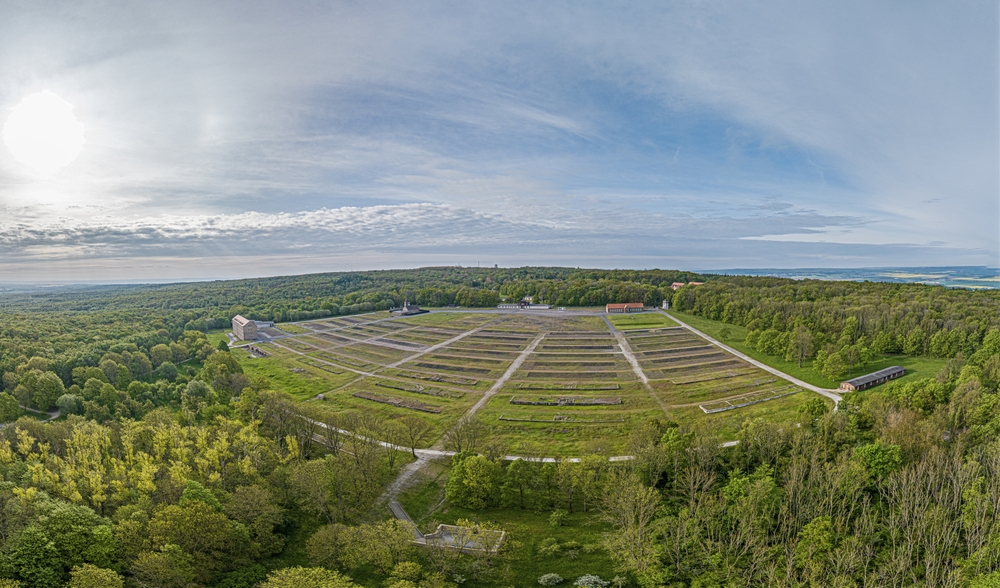The federal government has sold more than ten such properties.
Others are reading now
The legacy of World War II remains a deeply sensitive issue across Europe.
The atrocities committed during the Holocaust and the existence of Nazi concentration camps have left an indelible mark on history.
These sites of unimaginable suffering serve as powerful reminders of the past, and their preservation is vital for future generations to understand the horrors of that era.
However, questions have arisen over how these historically significant properties are being managed today.
Also read
More Than 10 Properties Sold
Germany has come under scrutiny for its handling of former Nazi concentration camp properties, with reports revealing that some have been sold to private investors.
Over the years, the federal government has sold more than ten such properties, and three additional sales are currently in progress, according to Digi24.
While some sales were made to municipalities or organizations committed to memorializing Holocaust victims, others have sparked controversy due to insufficient oversight.
One example involved a 2019 sale in Chemnitz, Saxony, where a former Flossenbürg subcamp property was sold for €2.75 million to a real estate company.
During the war, this site used forced laborers to produce tank parts. Another notable case was a 2017 sale near Dachau, where residences once used by SS officers were sold for €3 million.
Critics argue that privatizing these properties risks diminishing their historical significance.
In 2020, a bunker near the Buchenwald Memorial was auctioned publicly, prompting the memorial foundation to purchase it to prevent extremist misuse.
The lack of initial consultation with relevant historical organizations highlighted gaps in the government’s process.
Historian Jens-Christian Wagner emphasized the importance of safeguarding these sites.
“Extremists may not care about the quality of the property but value its historical and political symbolism,” he warned.
Politician Martina Renner also criticized the government’s approach, calling for stricter oversight and dedicated responsibilities to protect these locations.


